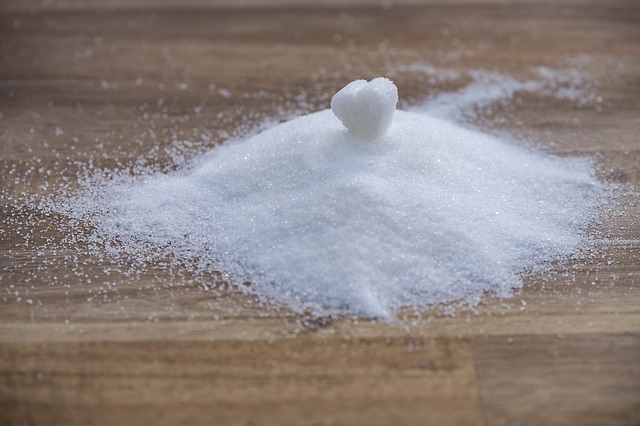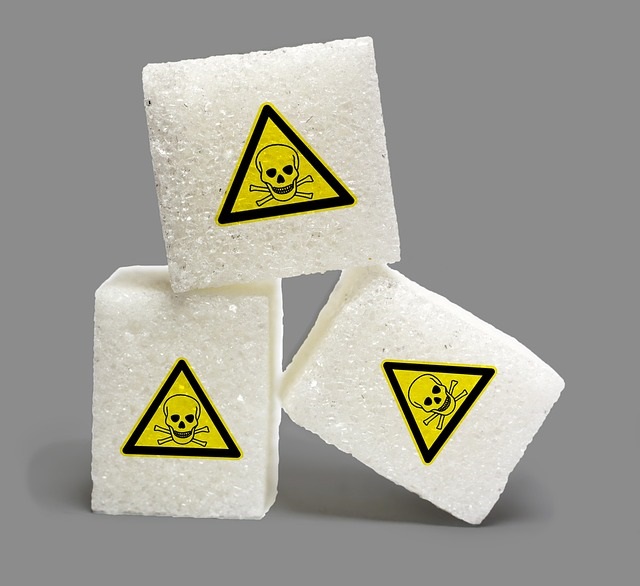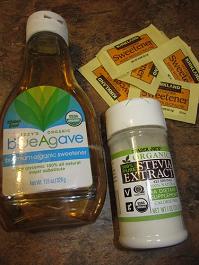Sugar
Sugar is a type of carbohydrate. There are two types:
- Naturally Occurring in Foods - Naturally occurring sugars are lactose in milk, fructose found in fruits, vegetables, and honey and maltose found in beer.
- Added to Foods - Sugars that are added to foods are usually processed from beets, corn, and sugar cane before being added to foods.
The body can’t tell the difference between naturally occurring sugars, and those that are processed, because they both break down to glucose and are the same chemically. Naturally occurring sugars, are found in fruits and vegetables though, which are healthy. Added sugars, are found in junk foods which contain very little nutrition, so are usually called empty calories.
Sugars can be called by many names on food labels including:
- Brown sugar
- Cane crystals
- Cane sugar
- Corn sweetener
- Corn syrup
- Crystalline fructose
- Dextrose
- Evaporated can juice
- Fruit juice concentrates
- Glucose
- Granulated sugar
- High fructose corn syrup
- Invert sugar
- Lactose
- Malt syrup
- Maltodextrins
- Maltose
- Molasses
- Raw sugar
- Sucrose
- Syrup
*****
There is no requirement for sugar in the diet. Your body does not need it to survive. The American Heart Association recommends that added sugar should be limited to 100 calories a day for women (6 t. or 24 gm of sugar), or 150 calories (9t. or 36 gm. of sugar) a day for men, to slow obesity and heart disease.
The World Health Organization recommends that added sugars are not more than 10% of total calories. That would be about 50 grams of sugar for a person on a 2000 calorie diet (2000 x.10 divided by 4 calories/gm of carb. = 50 gm.).
The National Academy of Sciences sets the limit to 25% of calories for added sugar which would be 125 grams of sugar in a 2000 calorie diet. This is way too high!
The USDA recommends limiting sugar to 6 to 10% of calories from sugar. You can see that there is not one consensus on the correct amount of sugar good for your diet.
*****
Sugar is linked to many serious diseases in our country, including diabetes which is at an all time high. The 2011 National Diabetes Fact sheet states that 8.3% of our population has diabetes, which is 25.8 million people, and 79 million people also have pre-diabetes.
The United States was the only country not to sign the World Health Organizations recommendation to lower sugar. Our sugar lobbyists are very strong.
The one thing that is clear, is that most of us eat way more sugar than we should for health. I believe the average person consumes almost 13 pounds of sugar a month, or 146 pounds of sugar a year! That is definitely not a healthy diet habit and one that needs to be changed. The Lifestyle Solution here, is lower your sugar intake for health.
Is Sugar Toxic?
I reread the article below, recently thinking of all of the sugar that we will place in our Kid's Easter Baskets! Are we unknowingly poisoning our kids? It's a long article, and there is a link to a video by the researcher that is amazing. This knowledge should change our lives.
- New York Times article by Gary Taubes"
Published on April 13, 2011
Gary Taubes, is a Robert Wood Johnson Foundation independent investigator in healthy policy, and the author of "Why We Get Fat".
The related video that you can watch from the article link was filmed on May 26, 2009, by Robert Lustig, MD who gave a lecture, called "Sugar: The Bitter Truth". The video was posted on YouTube, in July 2010, and as of October 11, 2022, the video has been viewed over 22 million times!!
Here is the video summary from YouTube: Robert H. Lustig, MD, UCSF Professor of Pediatrics in the Division of Endocrinology, explores the damage caused by sugary foods. He argues that fructose (too much) and fiber (not enough) appear to be cornerstones of the obesity epidemic through their effects on insulin.
It is interesting to me, that the sugar researchers will not eat sugar, because they feel that is one way in our power to avoid cancer!
Facebook - Like This Page?
Facebook - Like This Site?
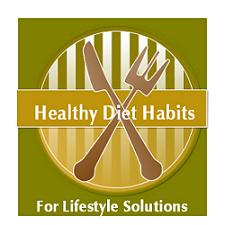
Please Check out my other Website!
We will be moving the Healthy Diet Habits Website to the Holiday site!

US and Around the World - Includes the many Health Awareness Days/Weeks/Months
Lots of Food Holidays and Holiday Food Tips!!
Related Pages




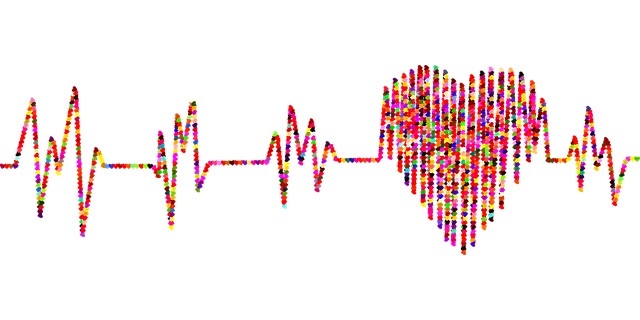
Nutrition
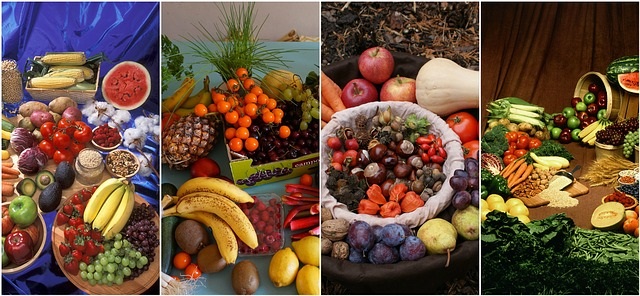
- Nutrition Basics
- Calorie
- Calories and Money
- Calorie counts of Foods per Pound
- Half Plate Rule
- Protein
- Fats
- Carbohydrates
- Glycemic Index
- Glycemic Index Chart
- Glycemic Index Diet
- Fiber
- Increase Fiber
- High Fiber Food
- Sugar
- Sugar Substitutes
- Food Cravings
- Meaning of Food Cravings
- Ending Food Cravings
- Carbohydrates and Weight Gain
- Processed Foods
- Real Foods
- Salt
- Vitamins
- Minerals
- Phytochemicals or Phytonutrients
- Nutrition Confusion
- Dietary Problems

